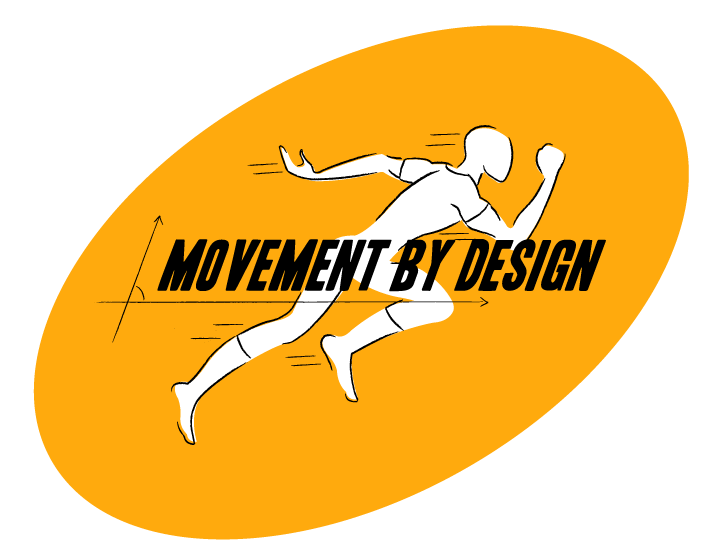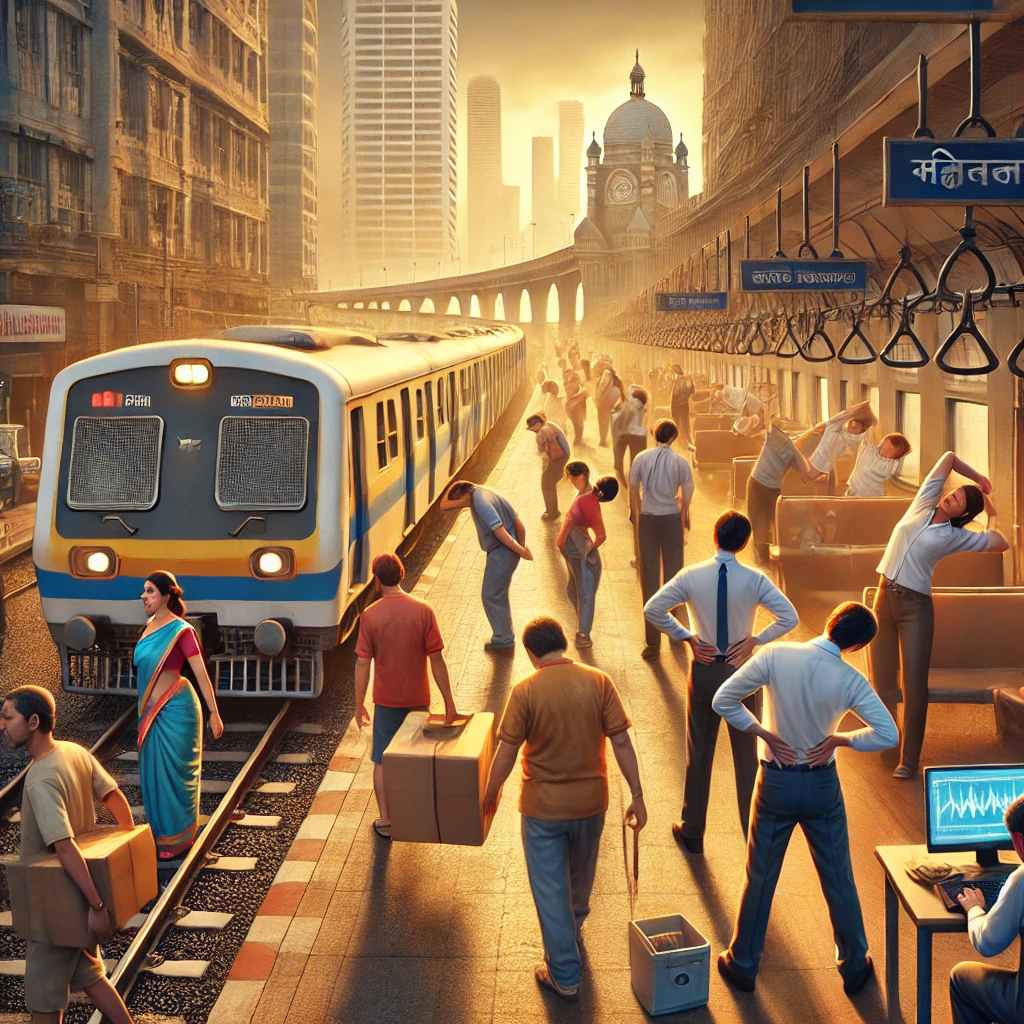Your Guide to Safe and Effective Marathon Preparation in Mumbai
Q1: How should I start training for a marathon in Mumbai?
- Answer: Begin with a structured training plan lasting 12–20 weeks. Break it down into:
- Base Building (Weeks 1–4): Focus on steady-state runs 3–4 times a week to build mileage.
- Endurance Development (Weeks 5–12): Gradually increase long runs by 1–2 miles weekly and include interval or tempo training for stamina.
- Tapering (Last 2–3 Weeks): Reduce mileage to recover and ensure peak performance on race day.
Q2: Can I include non-running activities in my training?
- Answer: Absolutely! Cross-training and strength exercises are vital for reducing injuries and improving flexibility. Try:
- Cross-Training: Activities like cycling, swimming, or yoga.
- Strength Training: Core, leg, and balance exercises such as squats and planks, 1–2 times a week.
Q3: How do I prevent injuries during training?
- Answer: Injury prevention is critical. Follow these tips:
- Warm up with dynamic stretches and cool down with static stretches.
- Invest in quality running shoes suited to your foot type and replace them every 300–500 miles (consider brands suitable for Mumbai’s terrain).
- Use recovery tools like foam rollers and massage therapy.
- Listen to your body; rest if you experience pain or fatigue.
Q4: What should I eat while training for a marathon?
- Answer: Nutrition is key to marathon success. Follow these guidelines:
- Daily Nutrition:
- Carbohydrates: 50–60% of your intake (whole grains, fruits, and vegetables).
- Protein: 15–20% (lean meats, tofu, eggs, or legumes).
- Fats: 20–25% (avocados, nuts, olive oil).
- Hydration: Drink water throughout the day and add electrolyte-rich drinks during long runs.
- Pre-Run Meal: 2–3 hours before running, eat easily digestible carbs like oatmeal, bananas, or toast with peanut butter.
- Mid-Run Fuel: Use energy gels, chews, or sports drinks every 30–45 minutes during long runs.
- Post-Run Recovery: Eat a meal with carbs and protein within 30 minutes of finishing your run.
- Daily Nutrition:
Q5: How do I mentally prepare for the Mumbai Marathon?
- Answer: Train your mind as well as your body:
- Visualize crossing the finish line to stay motivated.
- Practice mindfulness or meditation to focus during long runs.
- Divide the marathon into smaller mental segments to make it feel less daunting.
Q6: What are some race day tips specific to Mumbai?
- Answer: Mumbai’s marathon conditions demand extra care:
- Stick to your training plan; avoid trying new gear, foods, or pace on race day.
- Start slow to conserve energy for later stages of the race.
- Stay hydrated at water stations, but don’t overhydrate to avoid hyponatremia.
Q7: What makes training for a marathon in Mumbai unique?
- Answer: Mumbai’s climate and terrain require specific considerations:
- Train during early mornings or evenings to avoid heat and humidity.
- Choose running routes like Marine Drive or Sanjay Gandhi National Park for varied terrains and inspiring views.
- Stay prepared for monsoon rains or sudden heat waves with proper gear.
Q8: What is the most important thing to remember about marathon training?
- Answer: Consistency and self-care are key. The marathon journey is not just about race day but the discipline, determination, and resilience you build throughout your training. Enjoy the process and celebrate every milestone!
Q9: How can I take the first step?
- Answer: Start with small, consistent runs and build up your endurance gradually. The Mumbai Marathon 2025 awaits—lace up your shoes and take the first step towards conquering it!

